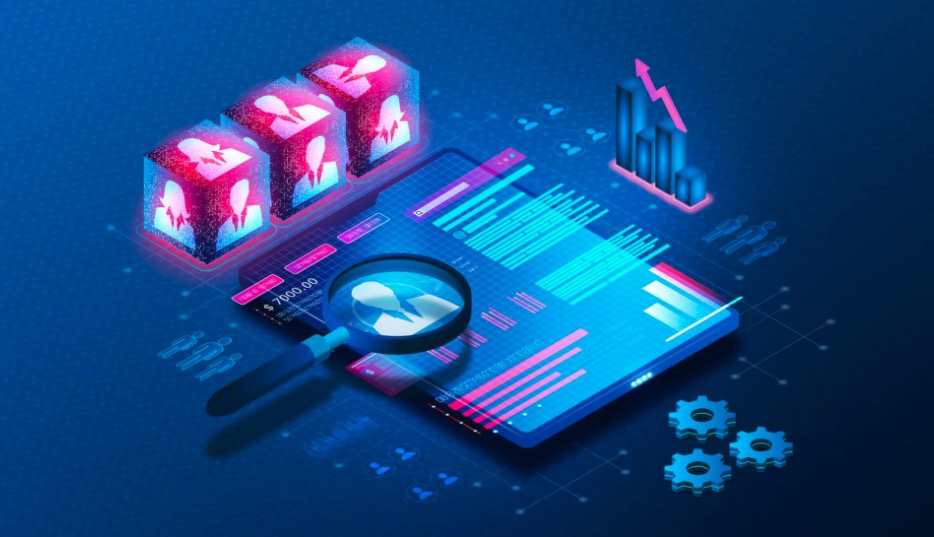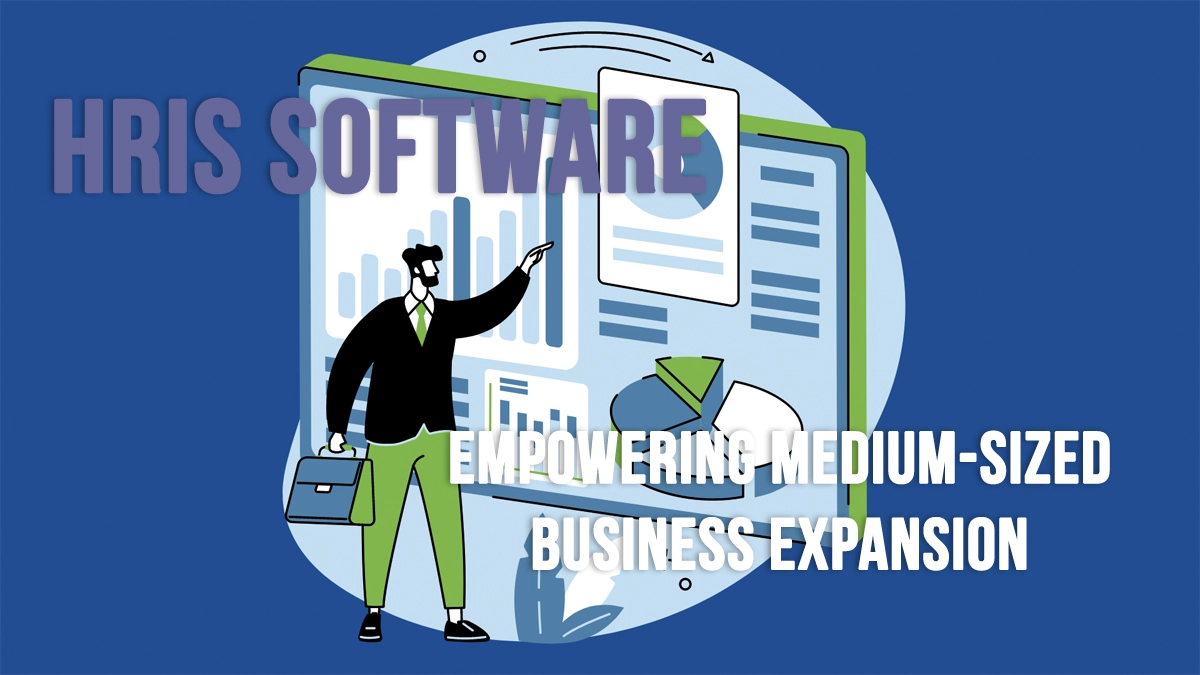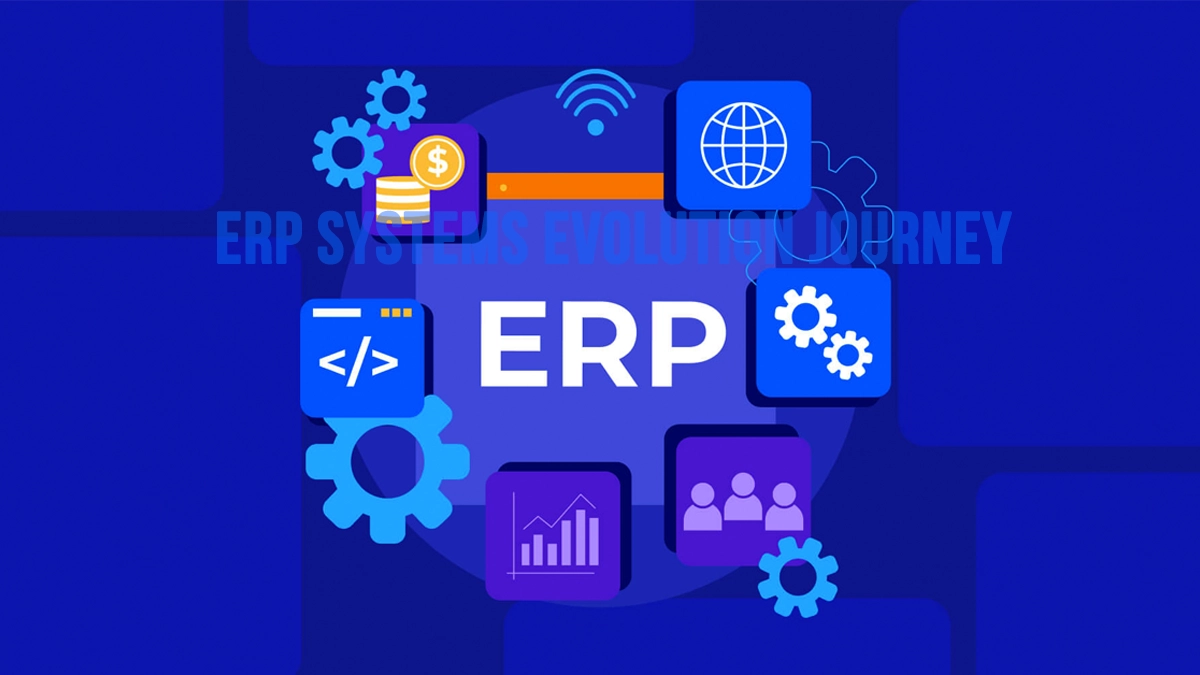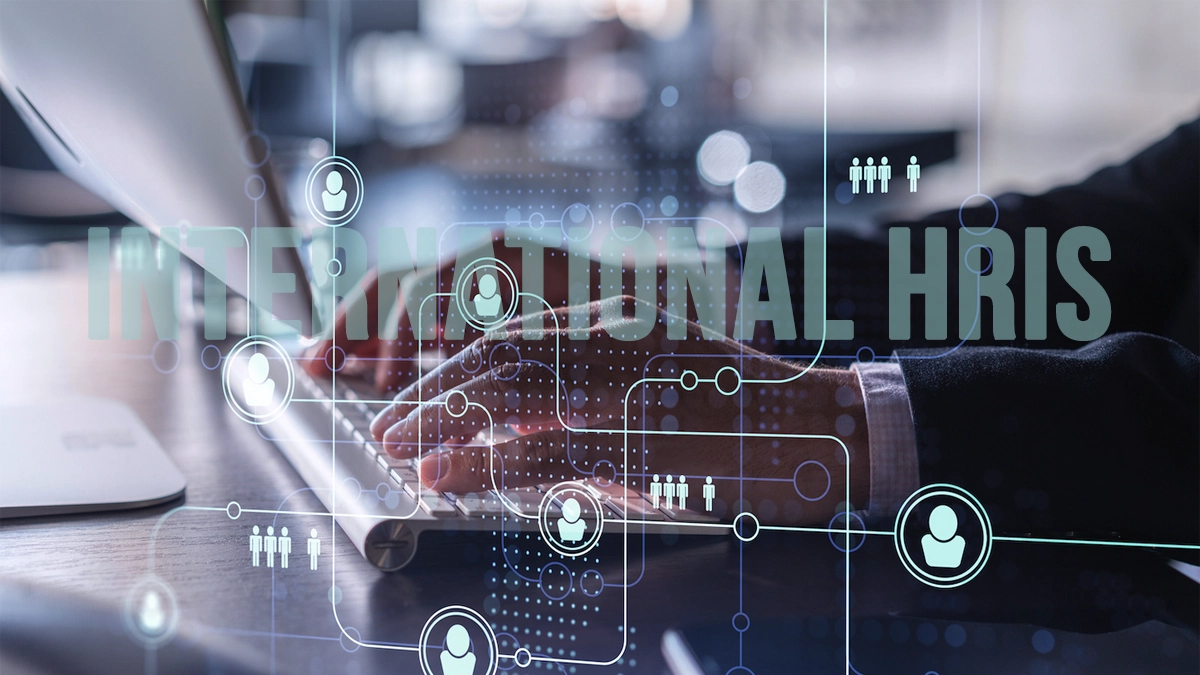The Rise of Mobile HRIS Solutions[1] – Human Resource Information Systems (HRIS) have undergone significant transformation in recent years. The introduction of mobile HRIS solutions marks a new era in HR management, bringing convenience and efficiency to businesses and employees alike. This article explores the rise of mobile HRIS solutions, their benefits, and their impact on modern workplaces.

Understanding Mobile HRIS Solutions
What is a Mobile HRIS?
A Mobile HRIS is an HR management system accessible via mobile devices such as smartphones and tablets. It allows HR professionals and employees to manage HR-related tasks on the go. Unlike traditional HRIS, mobile solutions offer flexibility and real-time access to essential HR functions.
Key Features of Mobile HRIS
Mobile HRIS solutions come with several key features. These include employee self-service portals, payroll management, performance tracking, and recruitment tools. These features empower employees to access and manage their HR information conveniently.
Evolution of Mobile HRIS
The evolution of mobile HRIS can be traced back to the advancements in mobile technology. As mobile devices became more powerful and widespread, the demand for mobile-compatible HR solutions grew. Today, mobile HRIS is a standard offering in many HR software suites.
Benefits of The Rise of Mobile HRIS Solutions
Enhanced Accessibility
One of the primary benefits of mobile HRIS solutions is enhanced accessibility. HR professionals and employees can access HR functions anytime, anywhere. This flexibility is particularly beneficial for remote and field workers.
Improved Efficiency
Mobile HRIS solutions streamline HR processes, reducing the time and effort required to complete tasks. Automated workflows and real-time updates contribute to improved efficiency, allowing HR teams to focus on strategic initiatives.
Better Employee Engagement
With mobile HRIS, employees can easily access information, request time off, and provide feedback. This accessibility fosters better employee engagement, as employees feel more connected to their organization and empowered to manage their HR needs.
Key Components of Mobile HRIS Solutions

Employee Self-Service
Employee self-service is a critical component of mobile HRIS solutions. It enables employees to access their personal information, view pay stubs, and update their details. This self-service capability reduces the administrative burden on HR departments.
Payroll Management
Mobile HRIS solutions often include payroll management features. These allow HR teams to process payroll, manage tax information, and ensure compliance with labor laws. Mobile access ensures that payroll tasks can be completed efficiently, even outside the office.
Performance Management
Performance management is another essential component. Mobile HRIS allows managers and employees to set goals, track progress, and conduct performance reviews. This functionality ensures that performance management processes are transparent and continuous.
Challenges of Implementing Mobile HRIS Solutions
Security Concerns
The Rise of Mobile HRIS Solutions Security is a significant challenge when implementing mobile HRIS solutions. Protecting sensitive employee data on mobile devices requires robust security measures, including encryption, secure authentication, and regular security audits.
Integration with Existing Systems
Integrating mobile HRIS with existing HR systems can be complex. Ensuring compatibility and seamless data flow between systems is crucial for the successful implementation of mobile HRIS solutions.
User Adoption
The Rise of Mobile HRIS Solutions Encouraging user adoption is another challenge. Employees and HR professionals must be trained to use the new system effectively. Providing adequate training and support is essential to ensure smooth transition and adoption.
Future Trends in Mobile HRIS
Artificial Intelligence and Automation
The Rise of Mobile HRIS Solutions The integration of artificial intelligence (AI) and automation in mobile HRIS solutions is a growing trend. AI can enhance HR processes such as recruitment, performance management, and employee engagement. Automation reduces manual tasks, allowing HR teams to focus on strategic activities.
Cloud-Based Solutions
Cloud-based mobile HRIS solutions are becoming more prevalent. These solutions offer scalability, flexibility, and cost-effectiveness. Cloud-based systems also ensure that updates and new features are rolled out seamlessly.
Enhanced User Experience
Future mobile HRIS solutions will focus on enhancing user experience. This includes intuitive interfaces, personalized dashboards, and interactive features that make HR tasks more engaging and efficient for users.
Impact on Employee Productivity

Streamlined Processes
The Rise of Mobile HRIS Solutions Mobile HRIS solutions streamline HR processes, allowing employees to complete tasks more efficiently. This efficiency translates to increased productivity, as employees spend less time on administrative tasks.
Real-Time Updates
Real-time updates provided by mobile HRIS solutions ensure that employees and managers have access to the latest information. This immediacy improves decision-making and responsiveness within the organization.
Increased Flexibility
The flexibility offered by mobile HRIS solutions enables employees to manage their HR tasks at their convenience. This flexibility is especially beneficial for remote and mobile workers, contributing to a better work-life balance and increased productivity.
Cost Benefits of Mobile HRIS Solutions
Reduced Administrative Costs
Mobile HRIS solutions reduce administrative costs by automating HR processes. This automation decreases the need for manual data entry and paper-based systems, resulting in cost savings for the organization.
Lower IT Costs
Cloud-based mobile HRIS solutions typically require less IT infrastructure and maintenance. This reduction in IT costs allows organizations to allocate resources to other critical areas, maximizing overall efficiency.
Better Resource Allocation
With mobile HRIS, organizations can allocate HR resources more effectively. HR teams can focus on strategic initiatives rather than routine administrative tasks, leading to better resource utilization and organizational growth.
Improving Employee Experience
Empowerment through Self-Service
Mobile HRIS solutions empower employees by providing self-service capabilities. Employees can access their information, request leave, and update personal details without relying on HR. This empowerment leads to higher job satisfaction and engagement.
Enhanced Communication
Enhanced communication is another benefit of mobile HRIS solutions. Employees can receive important updates, company news, and policy changes directly on their mobile devices. This immediate communication keeps employees informed and engaged.
Personalized Experience
Mobile HRIS solutions offer a personalized experience for employees. Personalized dashboards and customized notifications ensure that employees receive relevant information, enhancing their overall experience with the HR system.
Case Studies of Successful Mobile HRIS Implementation
Case Study 1: Tech Company
A leading tech company implemented a mobile HRIS solution to streamline its HR processes. The company reported significant improvements in efficiency and employee engagement. The mobile HRIS allowed employees to access HR functions on the go, reducing administrative burdens and enhancing productivity.
Case Study 2: Retail Chain
A large retail chain adopted a mobile HRIS solution to manage its dispersed workforce. The solution provided real-time access to HR information, improving communication and coordination among employees. The retail chain saw a noticeable increase in employee satisfaction and operational efficiency.
Case Study 3: Healthcare Provider
A healthcare provider implemented a mobile HRIS solution to enhance its HR operations. The mobile access allowed healthcare professionals to manage their schedules, access payroll information, and update personal details from anywhere. The provider experienced better employee retention and improved HR processes.
Conclusion
The rise of mobile HRIS solutions marks a significant shift in HR management. These solutions offer enhanced accessibility, improved efficiency, and better employee engagement. While challenges such as security and integration exist, the benefits of mobile HRIS far outweigh the drawbacks. As technology continues to advance, mobile HRIS solutions will become even more integral to modern workplaces, driving productivity, reducing costs, and improving the overall employee experience.
Reference
- https://us.skda.co.id/humi-hris-solutions/



